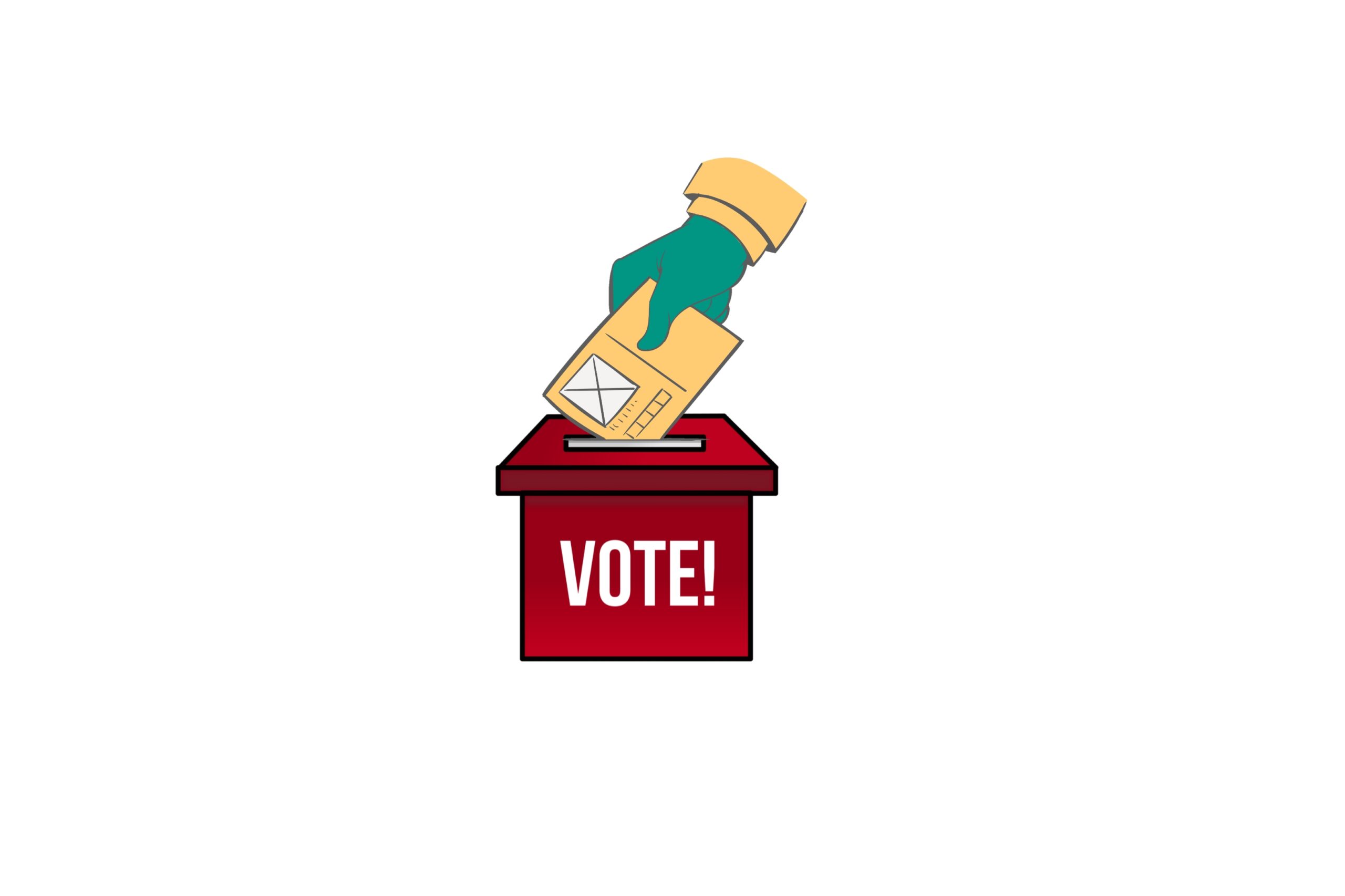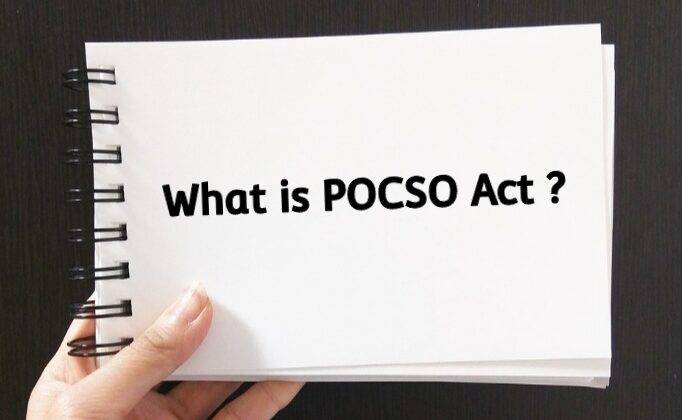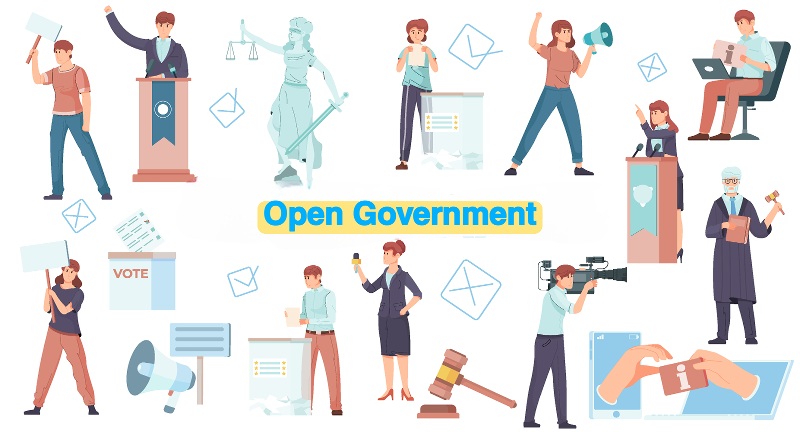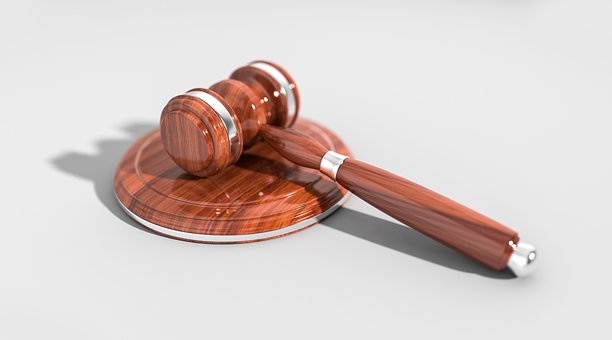India’s Electoral System
India, the world’s largest democracy, has a complex and diverse electoral system that involves frequent and staggered elections to the Lok Sabha (the lower house of Parliament) and the state legislative assemblies. While the Lok Sabha elections are held every five years, unless dissolved earlier, the state assembly elections are held at different times depending on the expiry of their terms or other factors such as defections, dissolutions, or no-confidence motions. This means that India is almost always in election mode, with some states or regions going to polls every few months.
The debate on One Nation One Election is not new in India. In fact, India had simultaneous elections from 1951 to 1967, when the first four general elections were held along with the state assembly elections. However, this practice was disrupted due to the premature dissolution of some state assemblies in 1968 and 1969 and the Lok Sabha in 1970. Since then, India has never had simultaneous elections, except for a brief period in 1977, when the Lok Sabha and most state assemblies were dissolved following the Emergency.
Law Commission suggestions
The idea of restoring simultaneous elections was revived by the Law Commission of India in its 170th report in 1999, which recommended constitutional amendments to synchronies the terms of the Lok Sabha and the state assemblies. The Parliamentary Standing Committee on Personnel, Public Grievances, Law and Justice also endorsed this idea in its report in 2015. In 2018, the Law Commission released a draft report on simultaneous elections, which suggested three alternatives to achieve this goal:
- Option 1: Advancing or postponing some state assembly elections to synchronise them with the Lok Sabha elections in 2019. This would require constitutional amendments to extend or curtail the terms of some state assemblies.
- Option 2: Holding two rounds of simultaneous elections in a five-year cycle – one with the Lok Sabha elections in 2019 and another with the mid-term state assembly elections in 2021. This would also require constitutional amendments to adjust the terms of some state assemblies.
- Option 3: Holding all elections falling due in a calendar year together. This would not require any constitutional amendment but would depend on political consensus and voluntary dissolution of some state assemblies.
The current government led by Prime Minister Narendra Modi has been a vocal supporter of One Nation One Election and has formed a committee under former President Ram Nath Kovind to assess its feasibility and desirability.
However, the idea of One Nation One Election faces several challenges and criticisms from various quarters. Some of them are:
Constitutional challenge
The Constitution of India provides for fixed terms of five years for both the Lok Sabha and the state assemblies, unless dissolved earlier. It also empowers the President and the Governors to dissolve them under certain circumstances.
To implement simultaneous elections, these provisions would have to be amended or suspended, which would require ratification by at least half of the states. Moreover, it would also affect the constitutional right of voters to express their no-confidence in a government through a motion or an election.
Logistical challenge
Conducting simultaneous elections across India would require a massive mobilisation of resources such as electronic voting machines (EVMs), voter verifiable paper audit trail (VVPAT) machines, polling booths, personnel, security forces, etc.
According to an estimate by the Election Commission of India (ECI), around 24 lakh EVMs and VVPATs would be needed for simultaneous elections, which would cost around Rs 4,500 crore. The ECI has also expressed concerns over the availability and storage of such a large number of machines. Moreover, there are practical difficulties in ensuring adequate security arrangements and voter awareness campaigns across such a vast and diverse country.
Political challenge
The idea of One Nation One Election has not received unanimous support from all political parties in India. While some national parties like BJP and Congress have shown interest in exploring this idea, many regional parties have opposed it vehemently.
They argue that simultaneous elections would reduce their relevance and influence in national politics, as they would have to compete with the national parties on national issues, rather than focusing on their regional issues and aspirations. They also fear that simultaneous elections would create a “wave” effect in favour of the ruling party at the Centre, which would overshadow the performance and achievements of the state governments.
Federal challenge
India is a federal country, where both the Centre and the states have their own spheres of authority and responsibility. The Constitution envisages a balance of power and autonomy between the two levels of government, which is reflected in the electoral system as well. By holding simultaneous elections, this balance may be disturbed, as the voters may not be able to differentiate between the issues and policies of the Centre and the states. This may lead to a centralisation of power and a weakening of federalism in India.
Conclusion
One Nation One Election is a contentious and complex issue that has implications for India’s democracy, governance, and development. It requires a careful and comprehensive analysis of its pros and cons, as well as a broad-based consensus among all stakeholders. While it may have some advantages in terms of efficiency and cost-effectiveness, it may also have some disadvantages in terms of diversity and federalism. Ultimately, the decision on whether to adopt or reject this idea should be based on what is best for India’s people and polity.






ONOE is definitely not good for local and emerging political party.